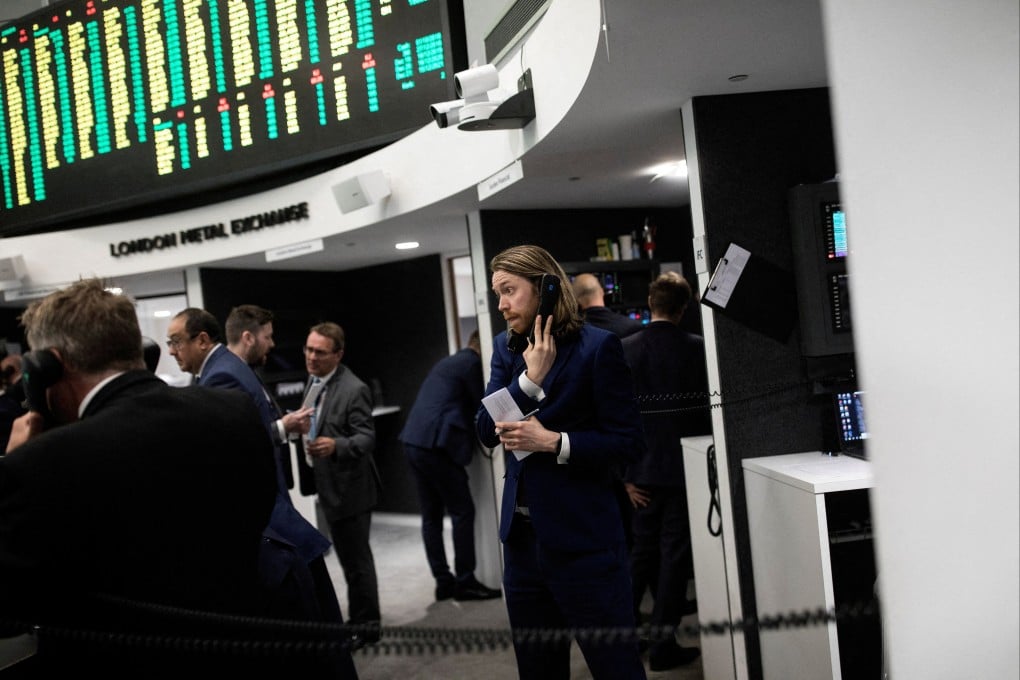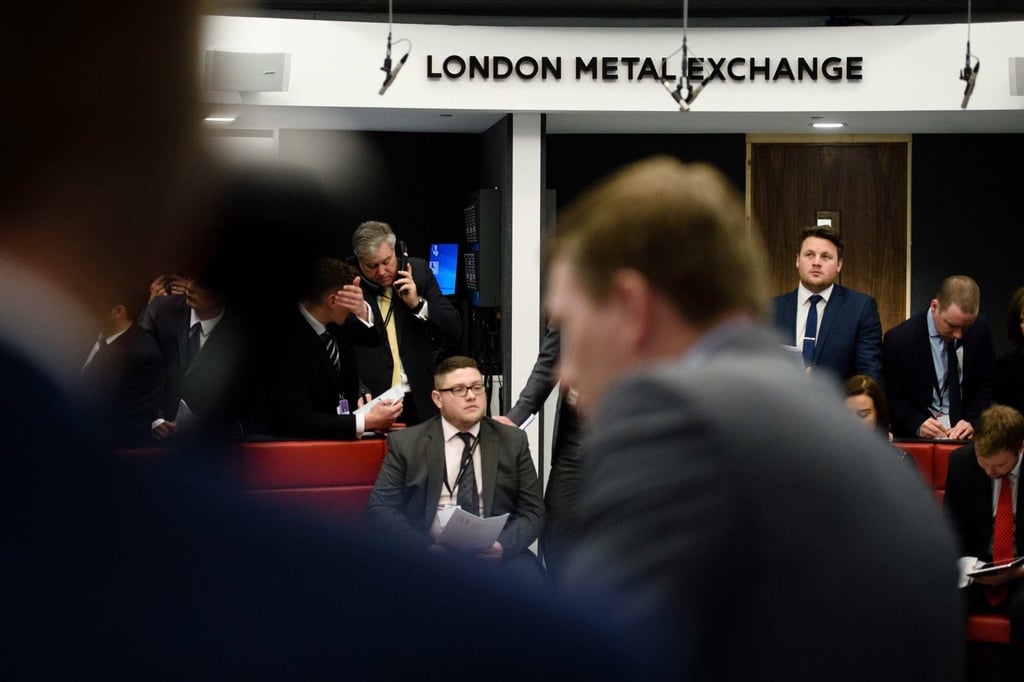Hedge fund group files complaint against LME over March nickel trading chaos
- Managed Funds Association claims LME failed to properly carry out its regulatory obligations by cancelling nickel trades in early March
- Trading suspension was only the second time the 145-year-old bourse cancelled trading in one of its metals in its history

An influential trade body representing some of the world’s biggest hedge funds has filed a formal complaint with the London Metal Exchange (LME) over its handling of a chaotic period that saw trading in nickel suspended in early March.
It was only the second time in the 145-year-old bourse’s history that it had cancelled trading in one of its metals and came as soaring prices threatened to destabilise the market amid a short squeeze that triggered billions of dollars in margin calls.
“The LME has undermined confidence in its ability to oversee markets by failing to perform its regulatory obligations to maintain an orderly market, manage conflicts of interest, and protect investors in the nickel market,” Jennifer Han, the MFA’s chief counsel, said.
